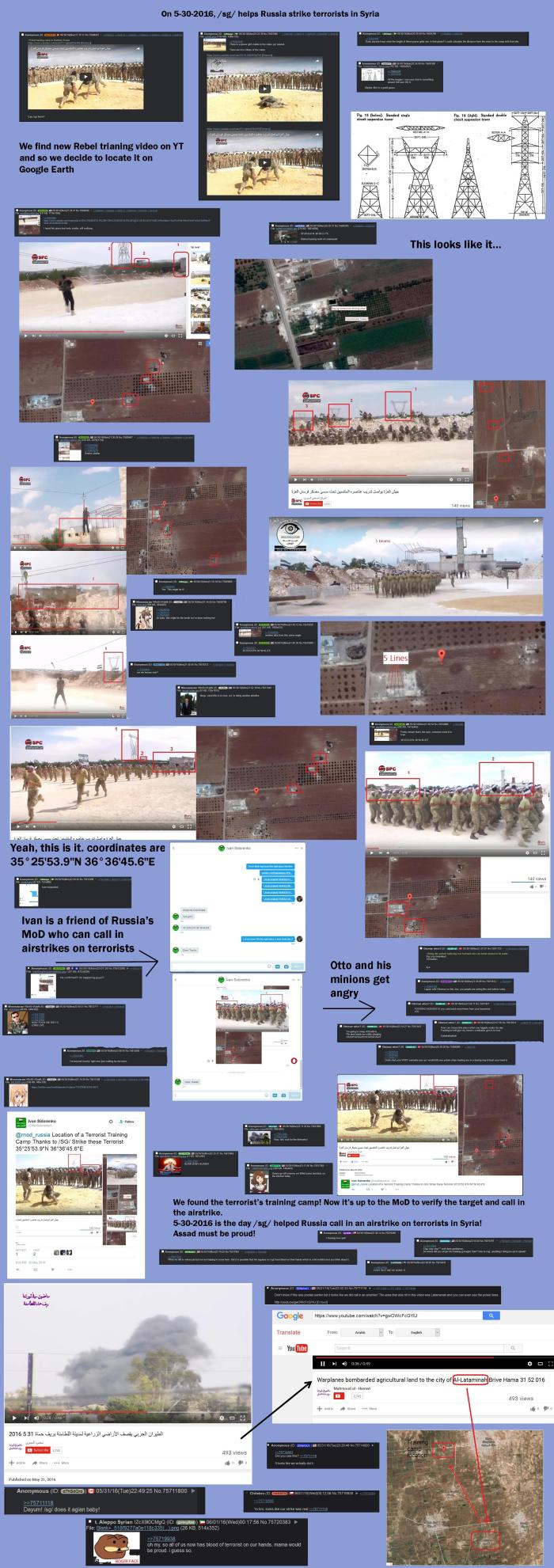I touch upon the power of internet freedom.
Before the rise of social media, communication was a centralised deal: content flowed from singular, guarded sources and the divide between curator and consumer was definite. Think newspapers or television broadcasts; communication was overseen by the gatekeeper that was ‘professional practice’.
These sources had the power to control what we saw, and thus exerted an exclusive control over reality.
However, today’s individuals have the power to post what they like online. They have the ability to garner an audience for themselves – for which they curate content – despite also being members of one. With the emergence of various platforms, communication has become decentralised and thus ‘commoners’ possess a greater control over reality than ever before.
With the power of internet freedom, it is now so easy to make a difference in the world.
But realistically speaking, these differences can only be made when many people come together. As it is only then when the true power of decentralised communication is revealed: the power of collective intelligence.
You’ve heard of 4chan, right?

Its users are a perfect example. So many incidents have come from the result of their bored meddling: Anonymous vs. Scientology, (Julian D) the day they bombed ISIS, and supposedly even getting Trump elected out of twisted irony. (Dale B)
It’s honestly pretty scary to know what they’re capable of.

References
2 thoughts on “The Power of Internet Freedom”